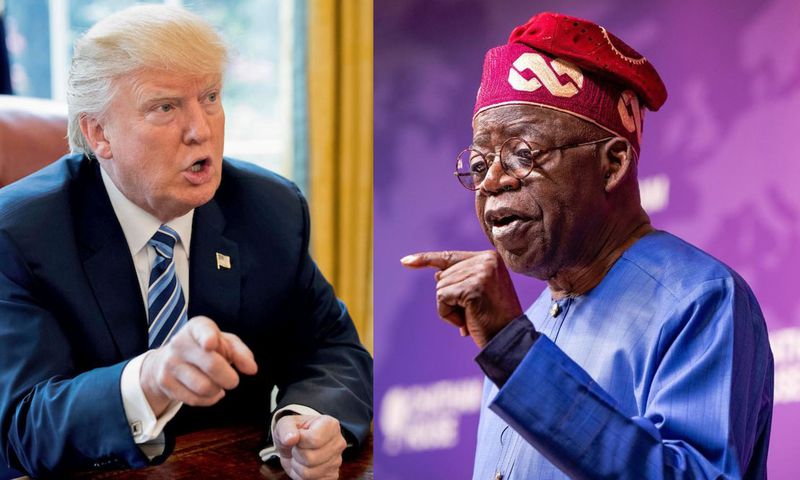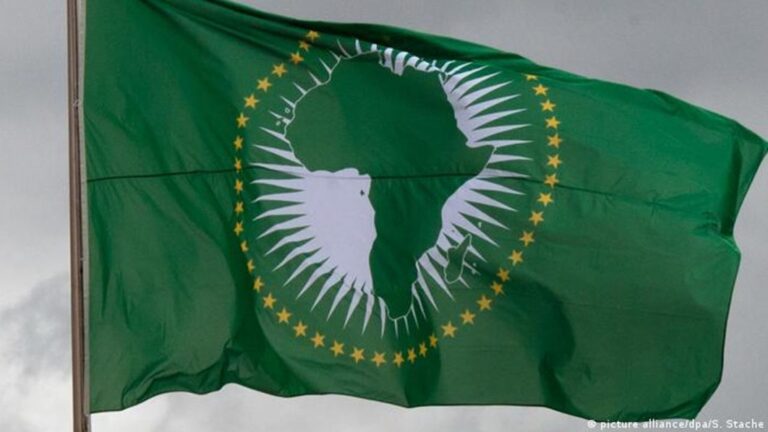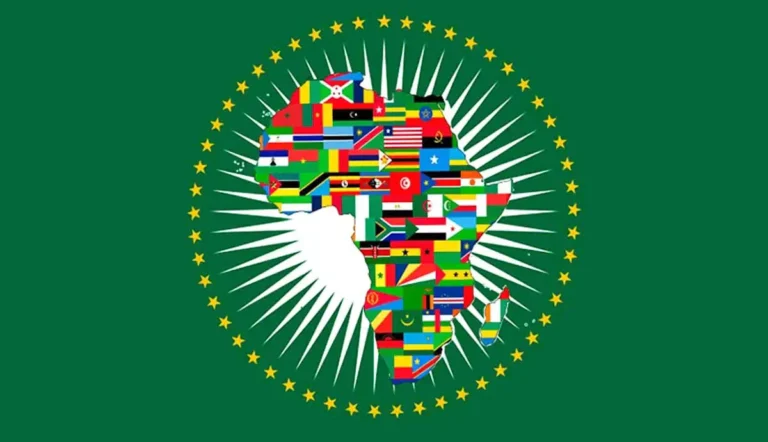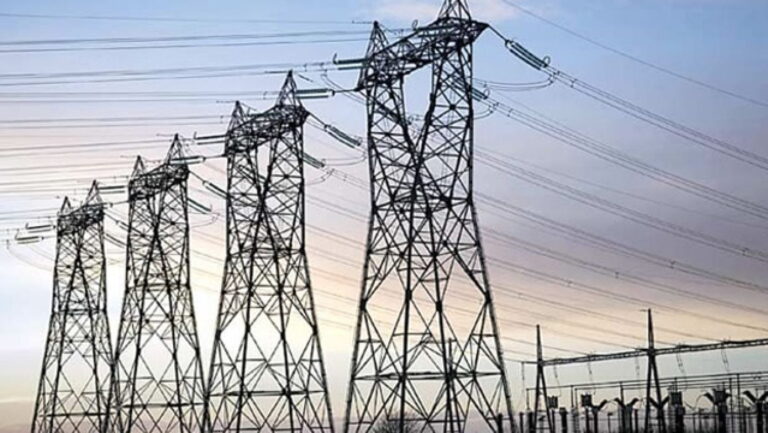
Pressure Mounts: US Requests African Nations to Accept Deportees
In a move that has raised tensions between the U.S. and several African countries, the U.S. government is intensifying pressure on African nations to accept Venezuelan deportees. As part of its broader immigration enforcement policies, the U.S. is sending large numbers of Venezuelans back to their home country, but a significant portion of these deportees, many without legal status or ties to Venezuela, are being directed to Africa. This development is stirring up political, economic, and humanitarian concerns across the African continent.
The deportation of Venezuelans from the U.S. is a direct result of increased border enforcement policies under the Biden administration. However, the shift in responsibility toward African nations has sparked a global conversation about the ethics and feasibility of such a move. While African countries have struggled with their own internal challenges, including poverty, unemployment, and conflict, this new migration pressure further complicates the region’s efforts to stabilize and rebuild.
Geographic Scope: Africa and the U.S.
The focal point of this diplomatic controversy lies in the African continent, particularly in countries like Nigeria, South Africa, and Ghana, where significant numbers of Venezuelan deportees have been forced to relocate. The U.S. government’s role in this issue cannot be overstated, as it has shaped international migration policies through its stringent deportation practices.
The move to push African nations to accept these deportees is not without its complications. These countries, already grappling with their own internal challenges—including political instability, economic crises, and humanitarian concerns—are finding it increasingly difficult to handle this new wave of migration. With many African nations already dealing with large refugee populations, the influx of deportees from Venezuela presents a complex challenge.
Why It Matters
The pressure from the U.S. to accept Venezuelan deportees is significant because it touches on several key issues: diplomatic relations, migration policies, and humanitarian concerns. For African countries, this situation is particularly delicate, as it puts them in the difficult position of balancing international diplomatic pressures with their own internal political realities.
The ethical concerns surrounding this move are hard to ignore. While the U.S. justifies its actions by pointing to its national security interests and the need for controlled immigration, critics argue that this push to relocate Venezuelans to African countries is a humanitarian crisis in the making. The very people who are already suffering due to instability in Venezuela are now being forced to face new hardships in regions already struggling with limited resources.
Moreover, the impact on African communities is profound. Countries like Nigeria, South Africa, and Ghana have already been dealing with mounting unemployment and the destabilizing effects of internal conflicts. The arrival of a large number of foreign nationals, particularly those who are already displaced or without clear ties to these countries, puts even more strain on their economies, healthcare systems, and social structures.
In addition to the economic strain, there is the social dimension. Local populations are often reluctant to accept large groups of immigrants, especially when they are perceived to be an external burden on already fragile systems. This resistance can create a toxic atmosphere of xenophobia, which further divides communities and undermines efforts at peace-building and social cohesion.
The Political and Economic Landscape
Politically, the pressure to accept Venezuelan deportees has raised concerns about the sovereignty of African nations. Leaders in countries like Nigeria and South Africa are being forced to navigate the delicate terrain of international diplomacy, balancing their domestic policies with the demands from the U.S. This dynamic has sparked public outcry and has been met with mixed reactions from local political leaders, with some pushing back against the U.S. for “exporting” its migration problems to the African continent.
Economically, the situation is complicated. African nations already struggle with high unemployment rates, poverty, and underdeveloped infrastructure. The arrival of large numbers of foreign nationals exacerbates these challenges, further straining already overburdened systems. Humanitarian aid, often seen as the solution to such crises, is not always forthcoming, leaving local governments to shoulder the burden.
What Needs to Be Done?
The issue of deportation is not solely the responsibility of African nations—it is a global problem that requires a collective effort. Governments around the world, particularly the U.S., must take responsibility for the consequences of their actions and seek solutions that address the root causes of migration rather than simply shifting the burden to others.
In Africa, leaders must push for more comprehensive and humane migration policies that prioritize the well-being of migrants while also considering the realities faced by their citizens. Additionally, international support in the form of aid, training, and infrastructure development is essential to ensure that African countries are not left to deal with the economic and social fallout of forced migration alone.
Conclusion
The pressure on African countries to accept Venezuelan deportees highlights the complex challenges surrounding global migration policies. For African nations, the issue goes beyond simple diplomacy; it touches on the ethical, social, and economic implications of accepting displaced individuals without adequate resources to support them. As governments, humanitarian organizations, and local communities continue to grapple with this issue, the need for cooperative, fair, and sustainable migration solutions has never been clearer.
In the end, the question is not just about whether African nations should accept deported Venezuelans—it is about finding compassionate, long-term solutions that protect human rights while ensuring the stability and well-being of communities on both sides of the equation.




